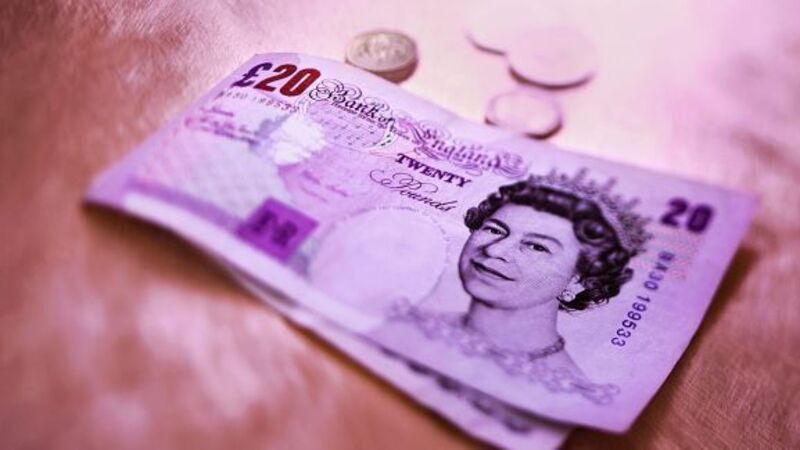Pound hits lowest level since 2010

The pound is at its lowest levels against the US dollar since just after the last UK general election as traders weigh the likelihood of another period of political uncertainty as well as signs of a slowdown in the recovery.
Sterling sunk to 1.46 against the greenback today after disappointing official figures from the production and construction sectors for February appeared to point to weakening UK economic growth.
















